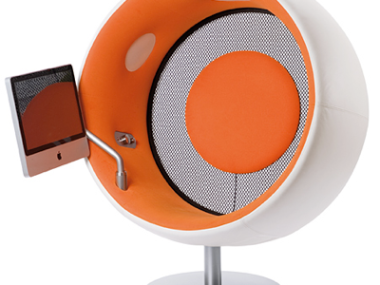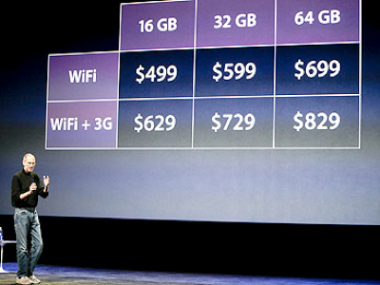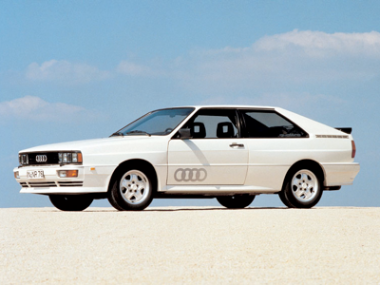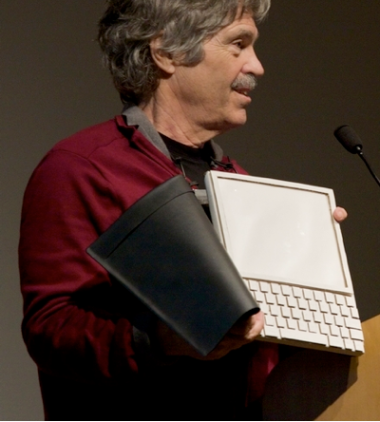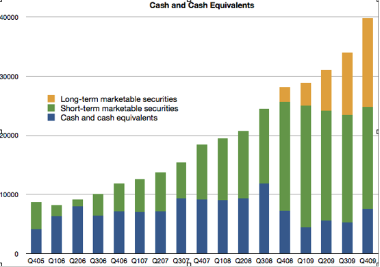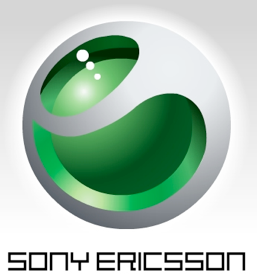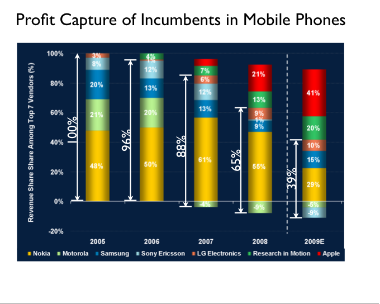Windows Mobile 7: we so dropped the ball in our early phone OS presence that now it seems like it’s a losing battle to have a dog in this fight. But WinMo7 is out there. To me, I can imagine this becoming like the Zune HD: well praised and all, but not making a dent in the market because everyone has already moved on to the iPhone platform.
David Worthington interviews Brandon Watson, “director of product management in the developer platform at Microsoft”:
Watson claimed that many developers of applications for the iPhone OS–which the iPad uses–are not making money. Developing applications for the iPhone and iPad is expensive, he said, because iPhone OS uses the Objective-C language rather than Microsoft’s more pervasive .NET platform. And Apple’s control over the platform has alienated some people that make software for its products, he said.
Now if we can get the Grand Poobah of Ovi to chime in, we’ll be all set.


